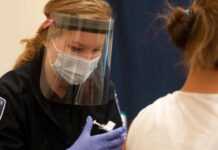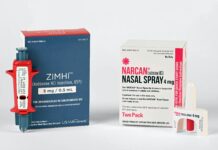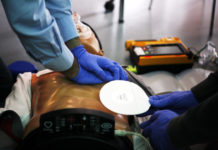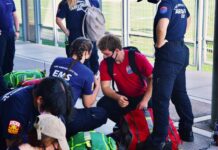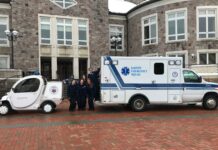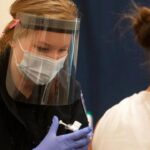Poster Presentation Abstract
Introduction: Project HeartSafe is a subgroup of Massachusetts Institute of Technology (MIT) EMS dedicated to enhancing emergency response to cardiac arrest. Since 2014, Project HeartSafe has trained 2,000+ individuals in lifesaving skills. Currently, the initiative is led by 19 EMTs who are certified as CPR instructors, and several dozen additional members of MIT EMS. Because teaching opportunities for EMTs without instructor certifications are limited, they are an underutilized source of training potential. Program Development & Implementation: To involve these members and to increase our breadth of training, we designed a non-certification learning opportunity for students who have not previously sought out CPR training. MIT EMS’s creation of an annual Cardiac Health and Stroke Awareness Month (CHASAM), piloted at MIT in 2016 and repeated in 2017, substantially increased the number of trained bystanders from a diverse selection of residential communities. Program Evaluation: In 2016, walk-in hands-only CPR and stroke symptom recognition trainings with a 1:1 student to instructor ratio were conducted in all 11 undergraduate dorms, with 190 participants over five weeks. In 2017, 45-minute group sessions with an average 1:4 student to instructor ratio, including individual practice and feedback, were held at three graduate residences, with 39 participants over three weeks. Of Project Heartsafe’s 762 trainees in the 2016-2017 academic year, 24.9% participated in CHASAM. Analogous data for 2017-2018 is pending, and will indicate how effectively we reach students who may not otherwise receive training. Additional evaluation will involve surveys to assess participants’ perceived barriers to learning CPR through traditional means. Discussion/Conclusion: CHASAM was designed to minimize course cost, inconvenience of traveling to receive training, and lack of awareness of the skills’ lifesaving potential. We are interested in assessing whether these are the true reasons students are not frequently trained, and whether CHASAM effectively addressed these challenges. Hosting CHASAM events in student residences is a short-term, high-impact method of reaching a diverse population, and will likely transfer well to other colleges.

